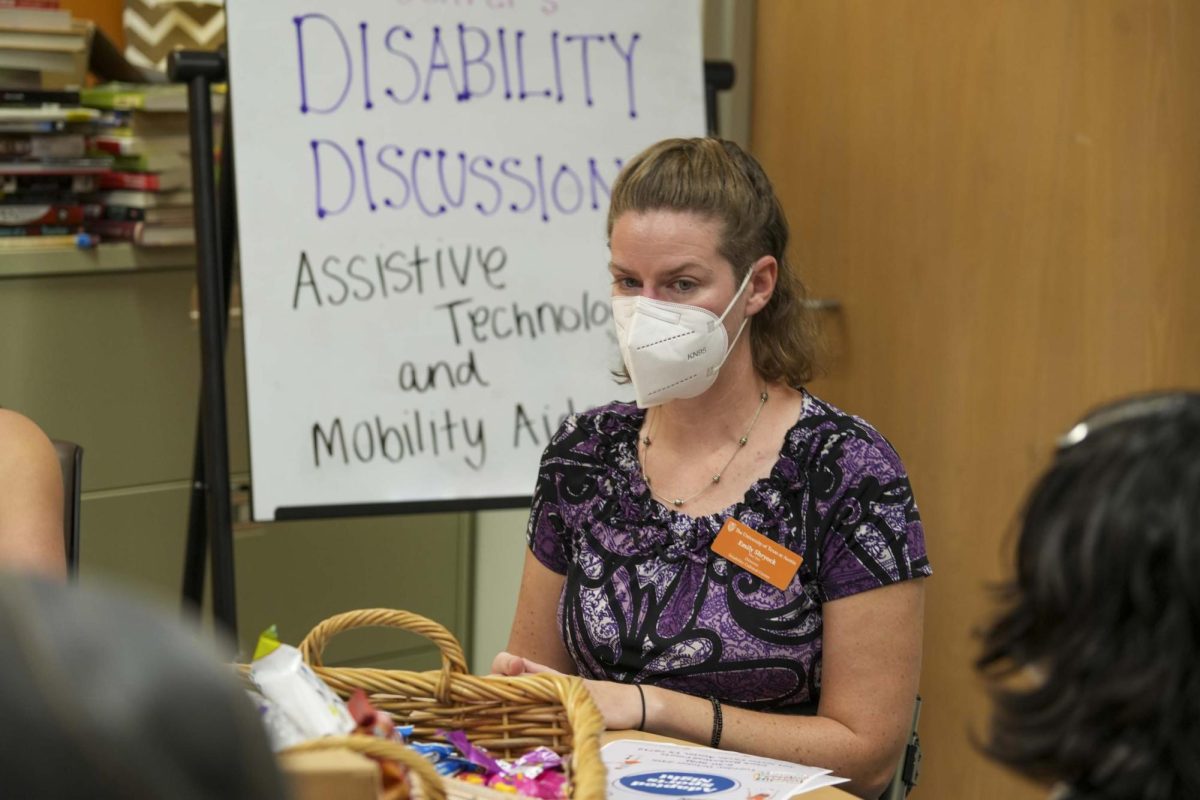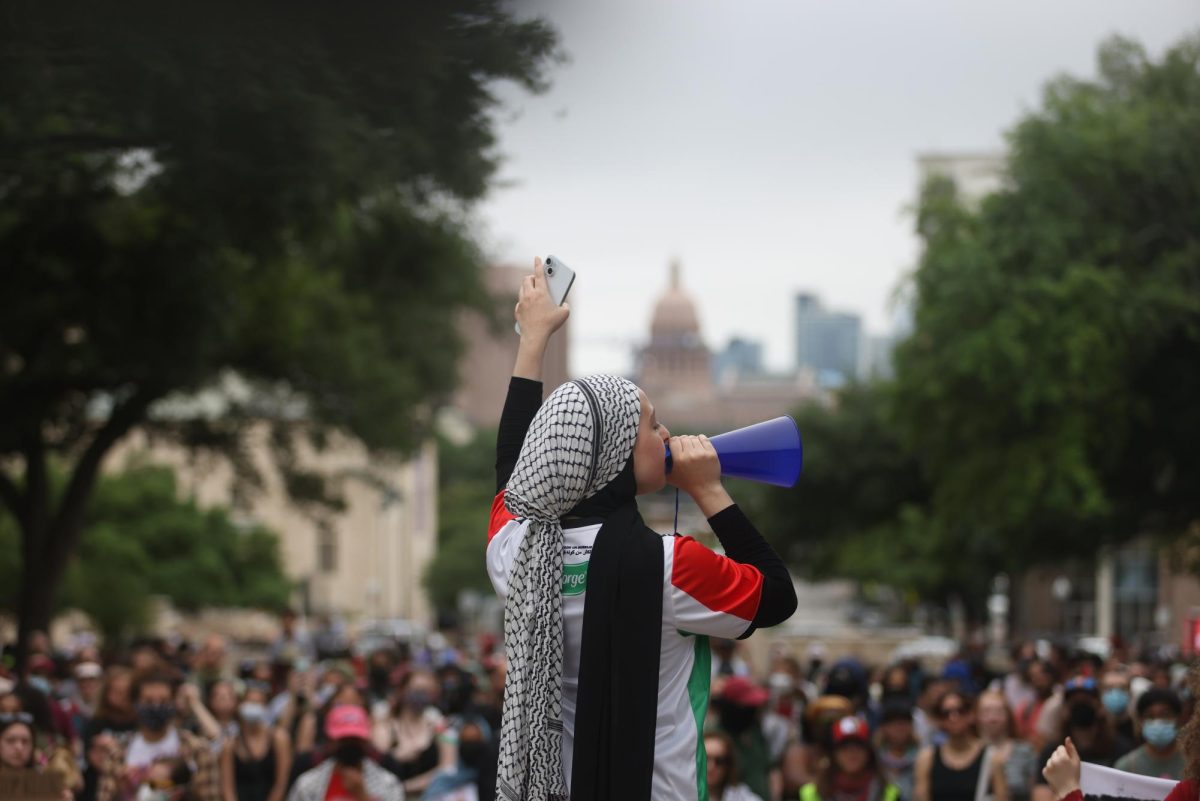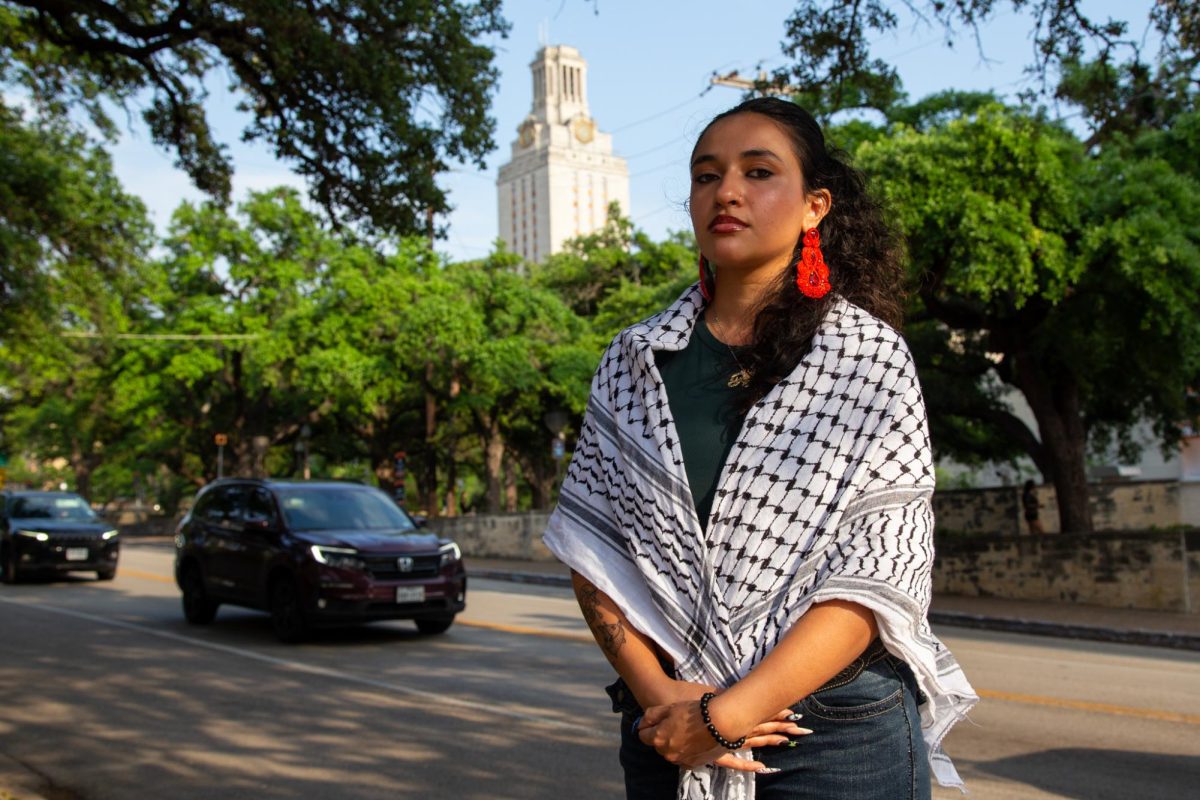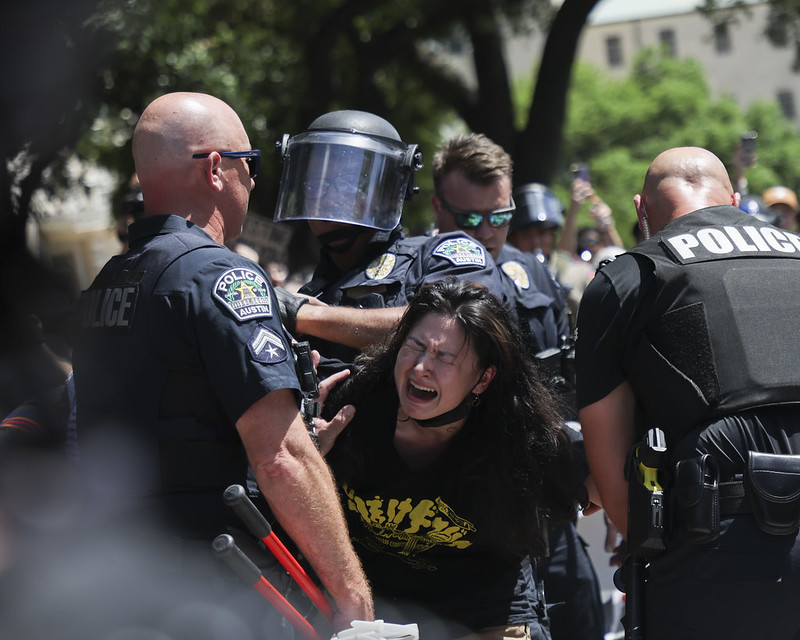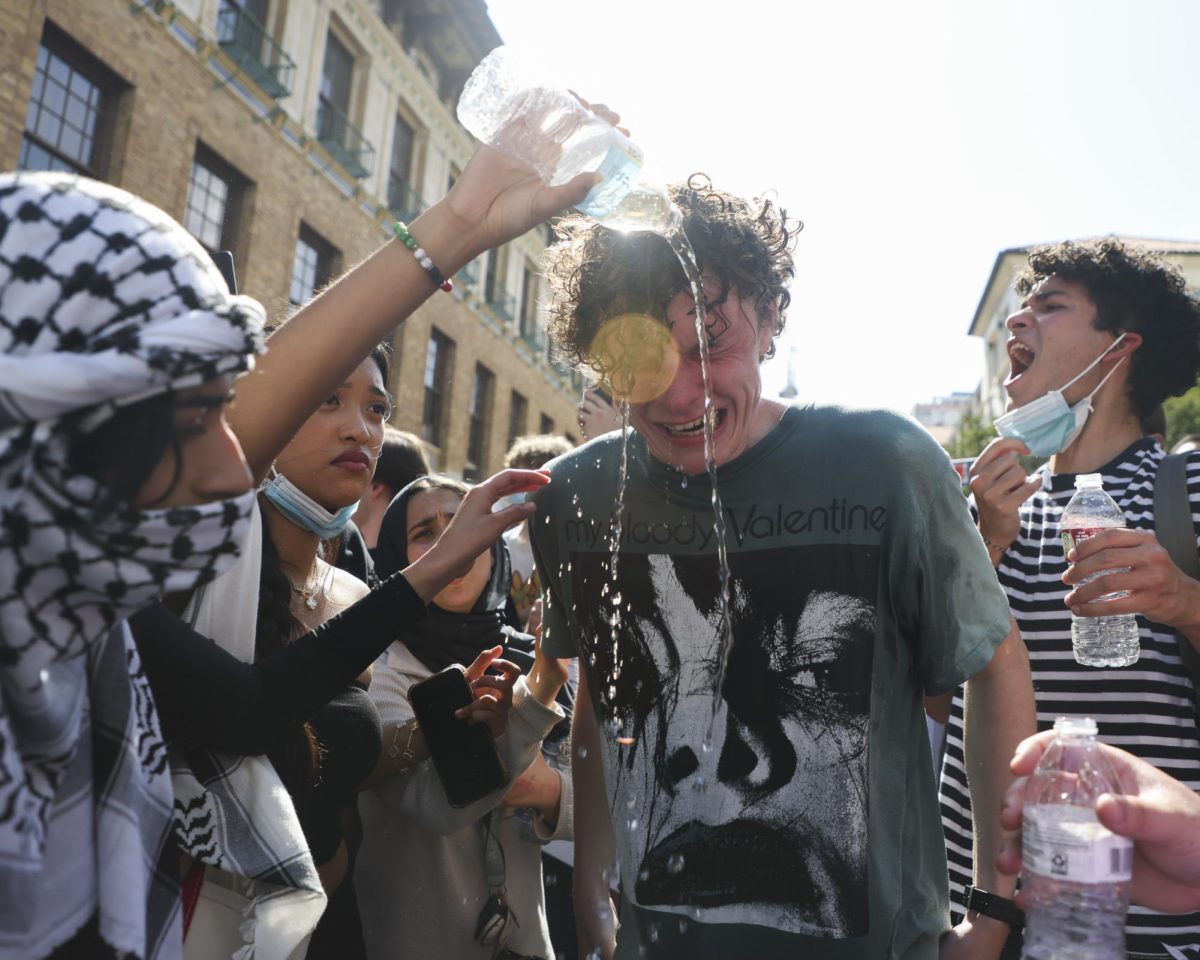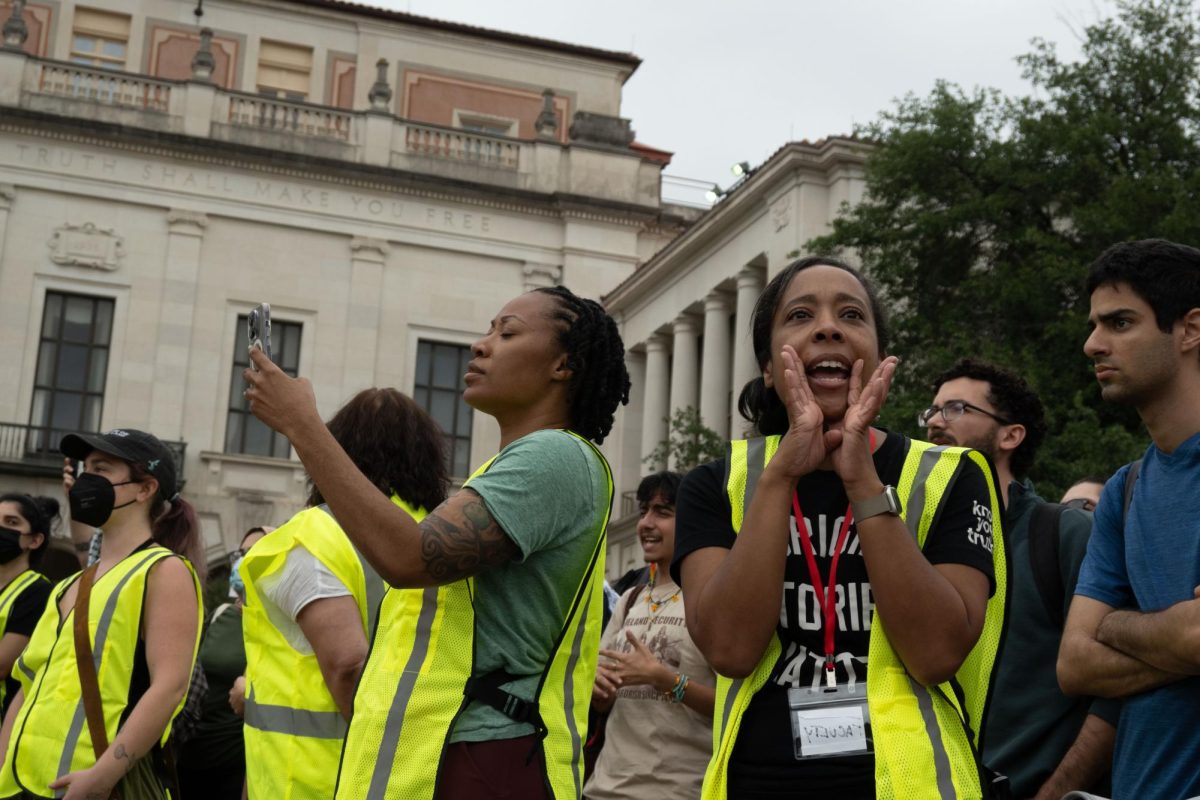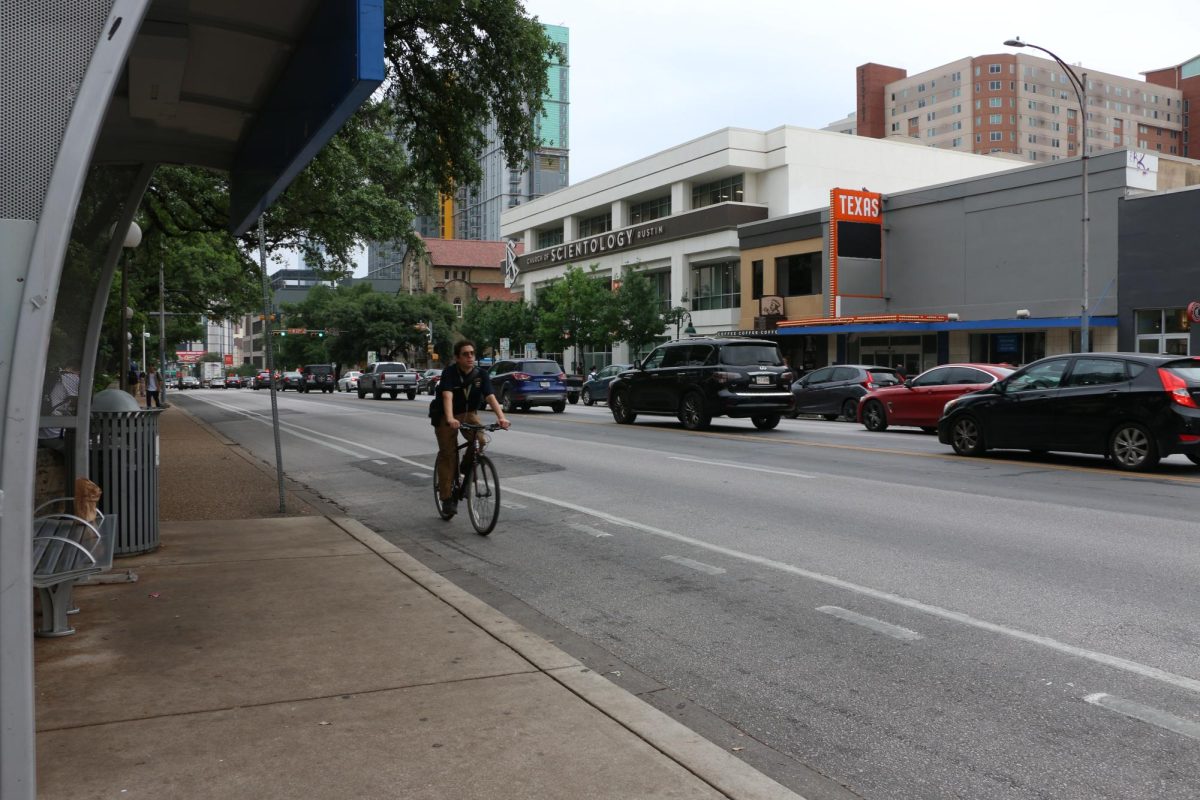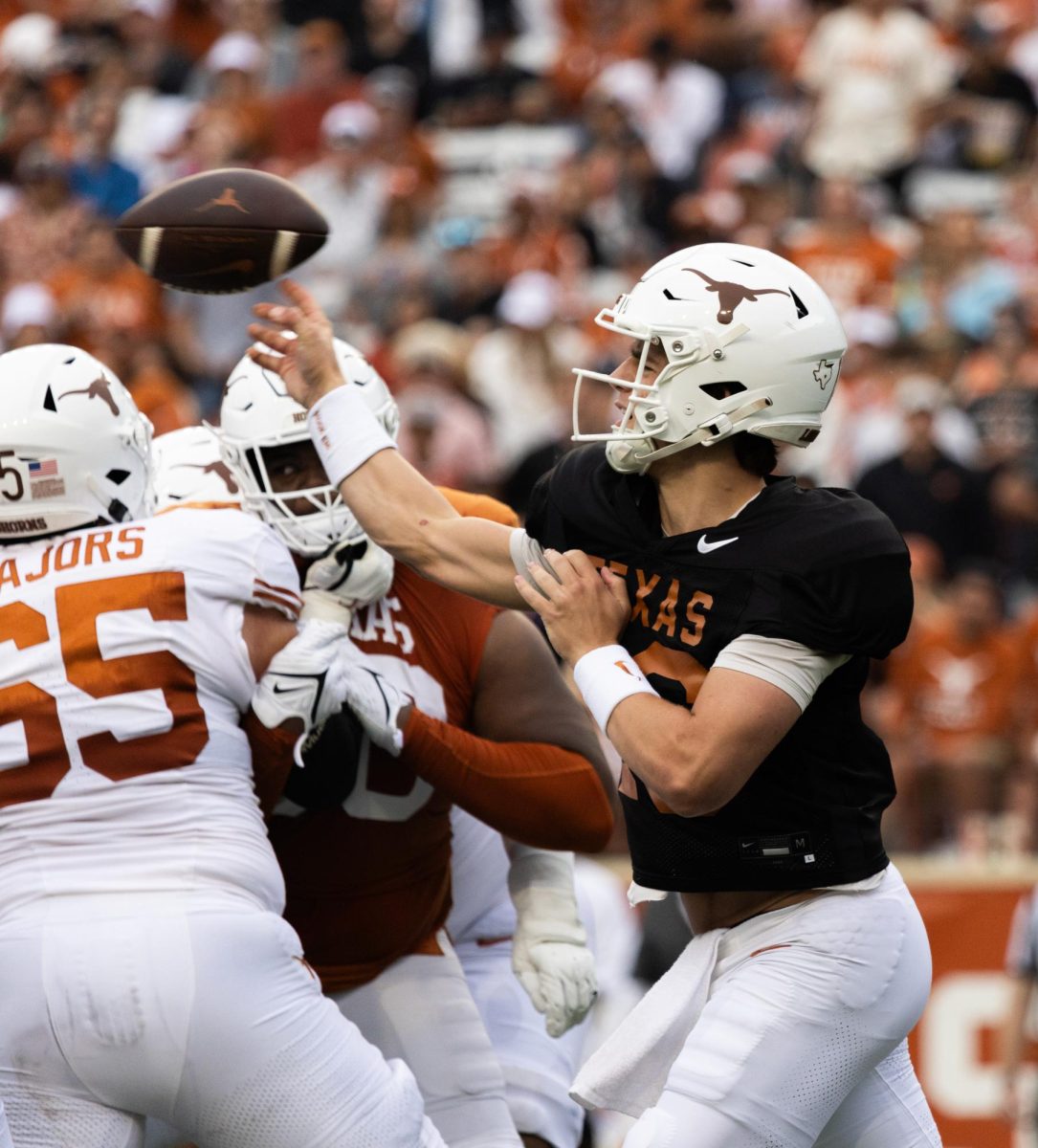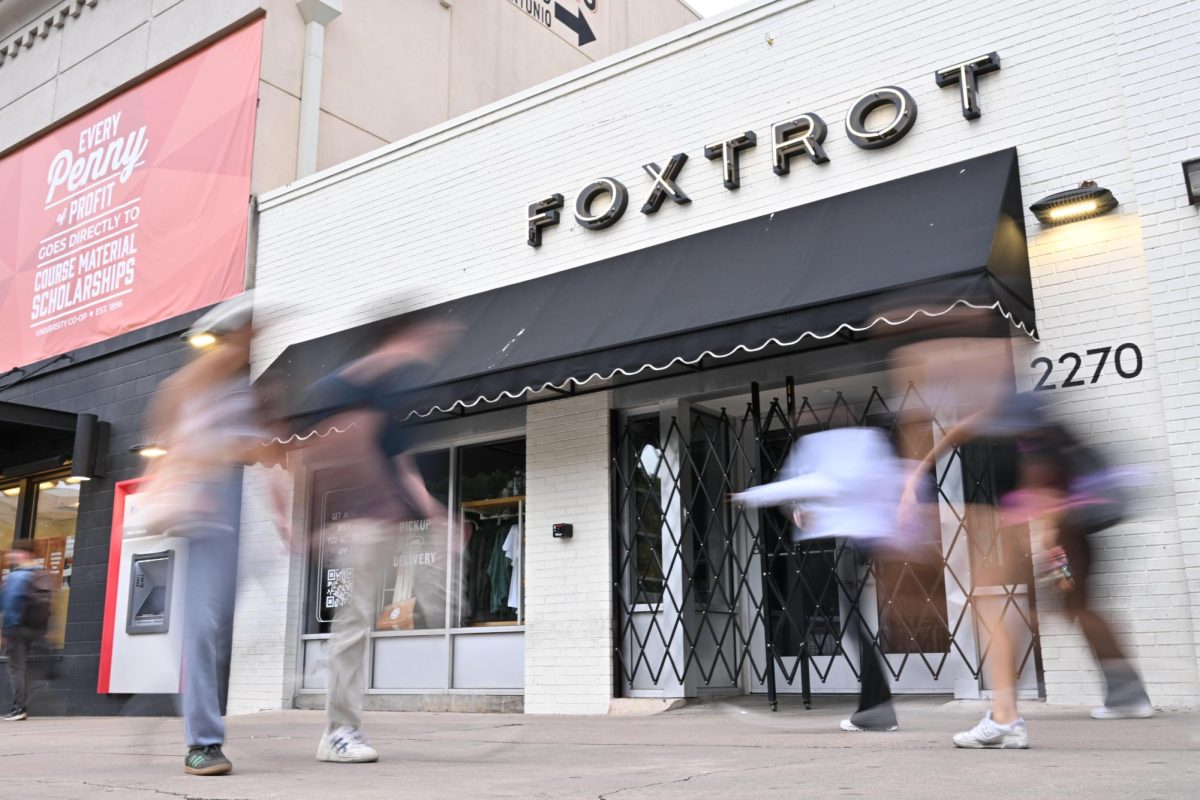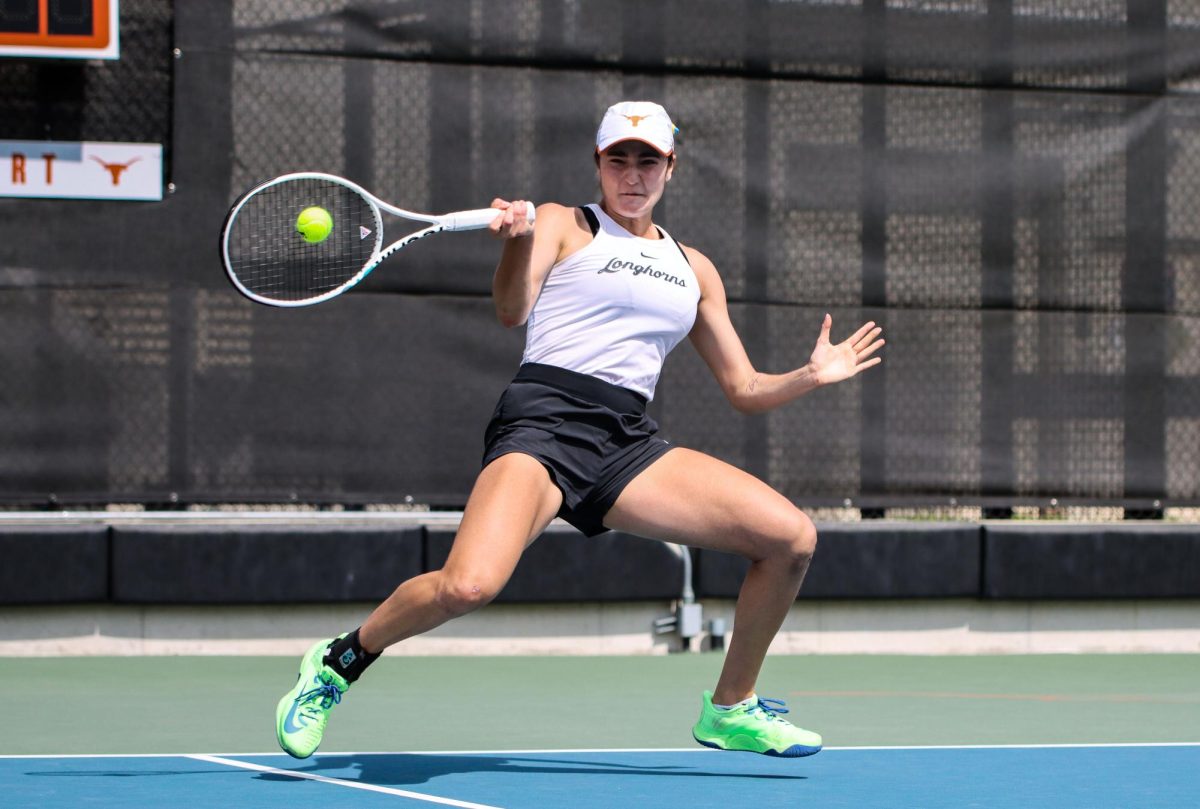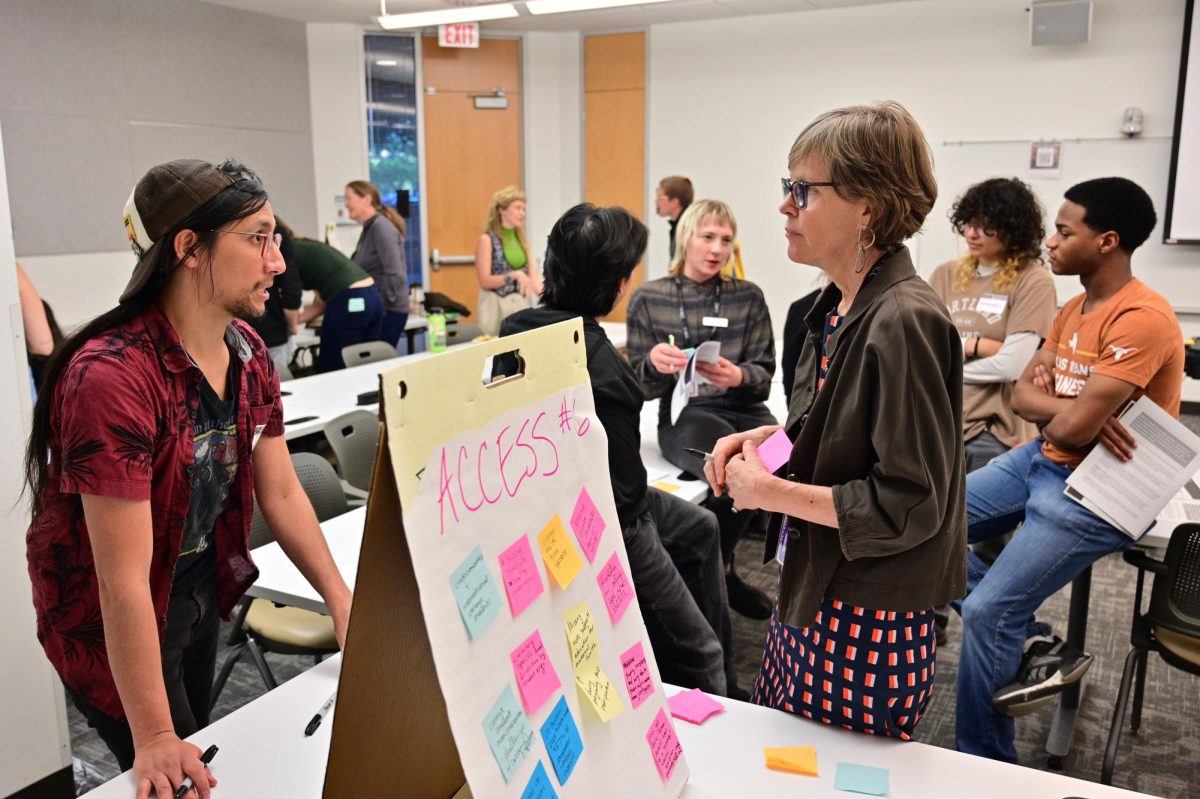University students, faculty and staff celebrate Disability Access and Belonging Month in October to advocate for accessibility and recognize the community of students with disabilities on campus.
The Disability Cultural Center is hosting events throughout the month that include neurodiversity-affirming training, disabled and neurodivergent study spaces and a meet and greet for the University’s deaf community, along with free-flowing discussions on a variety of disability-related topics that are held throughout the semester but are promoted especially in October.
“The disabled community makes up such a big portion of UT students, and recognizing their presence on campus and the struggles that they face is important for the student body as a whole,” said Kate Murphy, co-president of the Disability Inclusion Agency of Student Government.
Before this year, UT celebrated Disability Access and Belonging Month under the name “Disability Awareness and Inclusion Month.” Emily Shryock, director of the Disability Culture Center, said the name change was an intentional effort to focus on fostering belonging and working towards greater disability access.
“Most months have moved away from awareness,” Shryock said. “Awareness is a pretty low bar that doesn’t really ask much of folks. … Let’s take a more active involvement and not just be aware, but do something about it.”
Murphy said she attended the disability discussions centered around invisible disabilities and disability representation.
“It’s a really great safe space,” Murphy said. “It allows you to hear other students’ perspectives and learn from them, and, in turn, learn things about yourself and more about the disabled community and perspectives on campus.”
Postdoctoral research affiliate Sam Greene also attended some of the disability discussions and a culture conversation around digital accessibility. He said he found it reassuring to hear from people going through many of the same things as him.
“For a while in our society, the topic of disability has been off-limits in everyday conversations, and I think that has hindered progress toward getting people the help and the acceptance they need to be successful in our society,” Greene said. “(Having these discussions) will help a lot to normalize disability in our society.”
Shryock said other events focus on the belonging side of the month, including the Adapted Sports Night on Oct. 24. The DCC will invite partners from the community to demonstrate sports, like wheelchair tennis and guided running, and provide opportunities for people to try the sports out for themselves.
“It’s a cool opportunity, both for disabled students to be able to try out sports and use equipment that they may not have had access to before, but also for able-bodied students to be able to look for opportunities to volunteer, to get engaged and just expand your understanding of what it means to be active,” Shryock said.
Sigrid Martinez, Disability Inclusion Agency co-president, said the agency will continue to work toward greater accessibility on campus, from accommodations in the classroom to physical mobility around campus.
“It’s important to recognize this month because it’s aimed for holding administration and staff accountable to the kinds of accessibility that we want to promote on campus,” Martinez said. “(We’re) making sure that there is no disadvantage for the disabled community on campus and to ensure that they’re able to have a safe and equal educational experience.”



